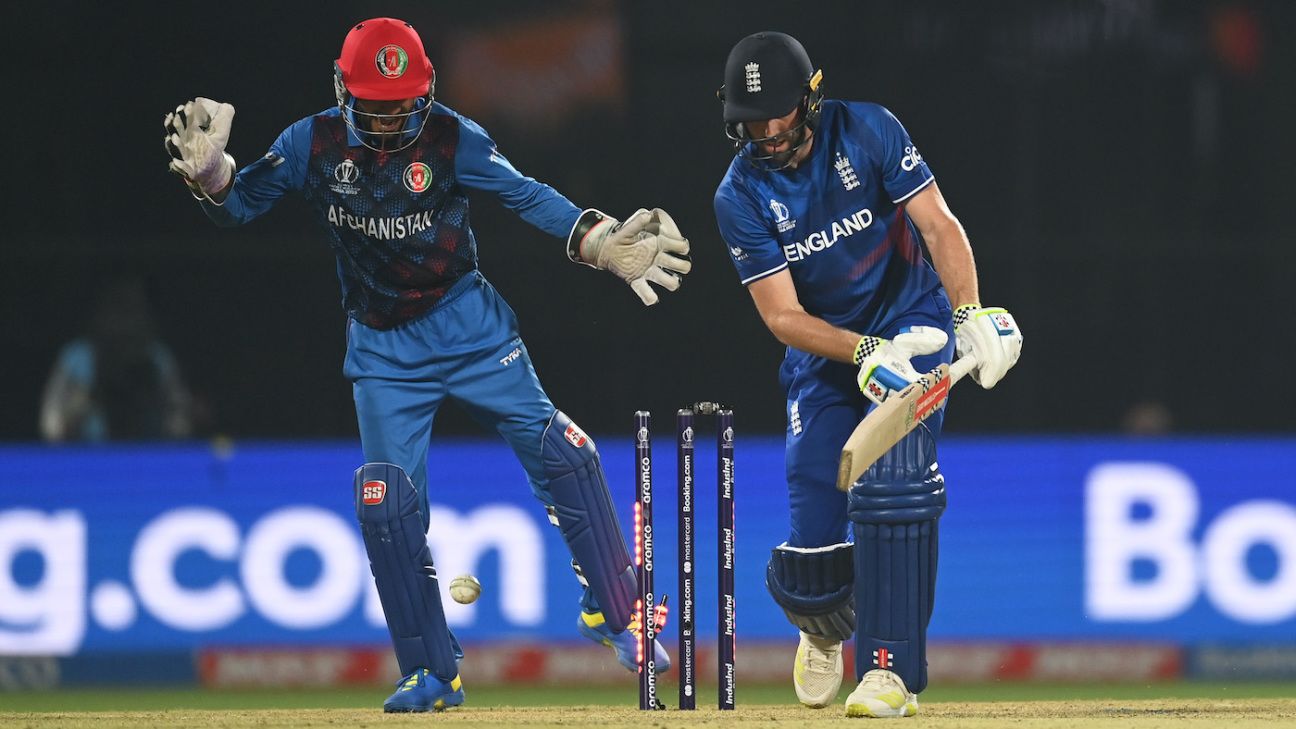England Faces Pressure to Boycott Afghanistan Match at Champions Trophy

England’s cricket team is under scrutiny ahead of their Champions Trophy match against Afghanistan on February 26 in Lahore. The England and Wales Cricket Board (ECB) has declined calls from British MPs to boycott the match. This decision comes amid concerns over Afghanistan’s treatment of women under the Taliban regime, which has imposed severe restrictions on women’s rights and banned women’s sports since 2021.
- A letter from UK politicians urged the ECB to boycott Afghanistan to protest “sex apartheid” in the country.
- ECB Chief Executive Richard Gould emphasized the need for a coordinated ICC-led response.
- England’s match against Afghanistan highlights the broader debate on using sports to address human rights issues.
Political Pressure for a Boycott
Over 160 British politicians, led by Labour MP Tonia Antoniazzi, called for action in a letter addressed to the ECB. The letter condemned the Taliban’s oppressive policies and labeled Afghanistan a land of “insidious dystopia.” The group included prominent figures like Jeremy Corbyn, Lord Kinnock, and Nigel Farage.
The letter emphasized the symbolic value of cricket, urging England’s players and officials to speak out against gender oppression in Afghanistan. It also suggested that a boycott could send a strong global message of solidarity with Afghan women.
Antoniazzi and her colleagues drew parallels with England’s decision-making during the 2003 World Cup when the team faced pressure to boycott a match against Zimbabwe over Robert Mugabe’s regime.
ECB’s Response: A Call for ICC Coordination
Richard Gould, ECB’s Chief Executive, responded by affirming that the board condemns the Taliban’s treatment of women and girls. He stated that the ECB had no plans to schedule bilateral matches with Afghanistan but clarified that participation in ICC tournaments is governed by the broader cricketing body.
“The ICC constitution emphasizes the growth and development of women’s cricket,” Gould noted. He highlighted that unilateral action by the ECB might not achieve the desired impact, advocating instead for collective international measures through the ICC.
Gould acknowledged the complexities of the issue, warning against actions that could inadvertently support the Taliban’s isolationist agenda.
Cricket’s Role in Afghan Society
The ECB pointed out the importance of cricket for the Afghan people, including those displaced by the ongoing crisis. Cricket remains a rare source of hope and unity in a challenging time for Afghanistan.
“Cricket offers positivity to many Afghans,” Gould remarked. He stressed the need for solutions that simultaneously address human rights concerns and preserve cricket’s positive influence.
Engaging Stakeholders for Change
The ECB promised to maintain dialogue with the UK government, the ICC, and other international cricket boards. It aims to explore actionable strategies to promote gender equality in Afghan cricket and beyond.
Gould expressed optimism about working collaboratively to ensure that cricket serves as a platform for advocacy while respecting its role in Afghan society. “We remain committed to meaningful change,” he said.
What’s Next for England and the ICC?
The debate over the match against Afghanistan highlights the broader challenge of balancing sports with international human rights advocacy. The ICC faces growing calls to address gender inequality in member nations while maintaining cricket’s global integrity.
As the Champions Trophy approaches, England’s decision not to boycott Afghanistan underscores the need for collective solutions to global challenges within sports.